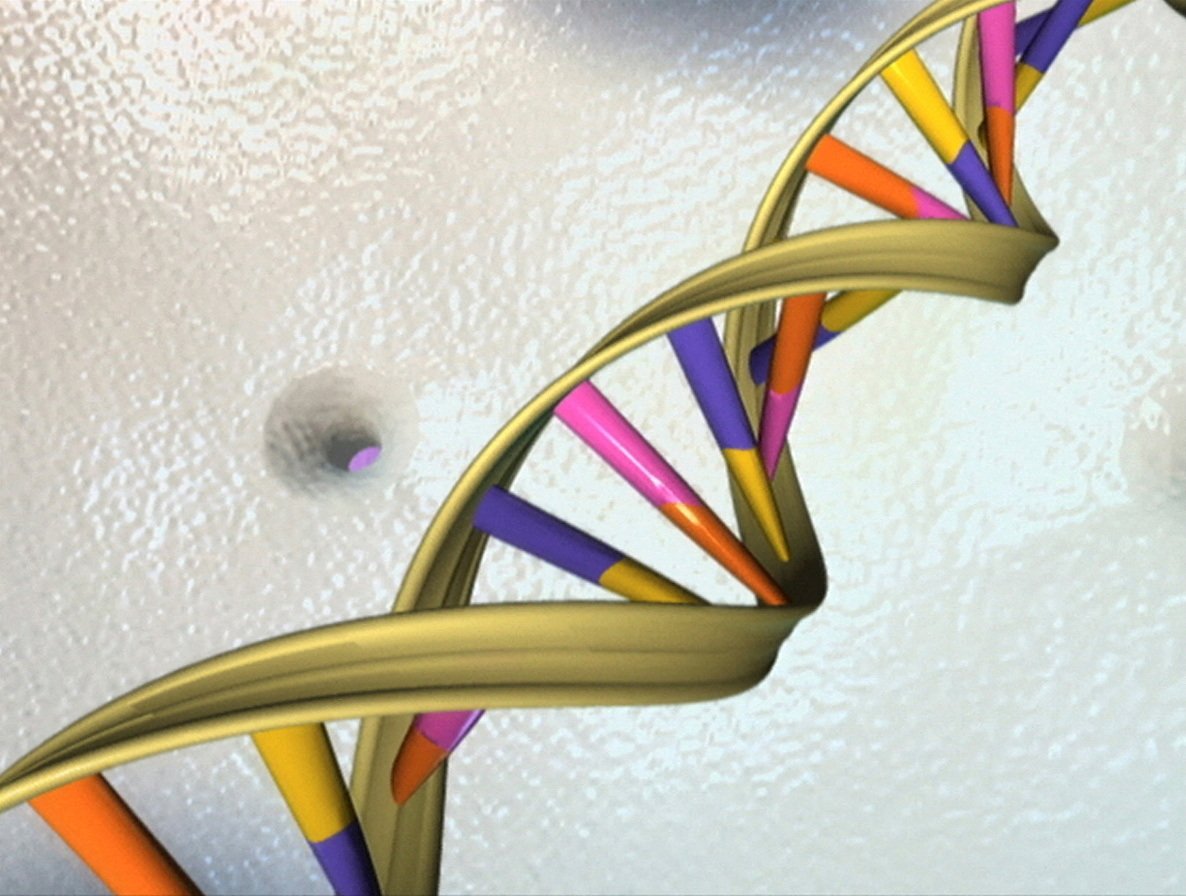Scientists are exploring unconventional methods to combat global health challenges, such as antibiotic resistance and viral transmission, by looking into the potential of artificial sweeteners and chewing gum.
A new study published in EMBO Molecular Medicine reveals that saccharin, a widely used artificial sweetener, can kill multidrug-resistant bacteria. Researchers at Brunel University’s Antimicrobial Innovations Centre have discovered that saccharin disrupts bacterial DNA replication, halts bacterial growth, and prevents the formation of biofilms that protect bacteria from antibiotics. Professor Ronan McCarthy, who led the study, believes saccharin could offer an innovative new therapeutic approach to fight resistant infections.
Additionally, researchers are addressing the transmission of viruses, particularly through the mouth, which is a key route for viruses like SARS-CoV-2, herpes simplex, and influenza. In this regard, a team developed a clinical-grade chewing gum using lablab beans (Lablab purpureus), native to sub-Saharan Africa. The beans contain an antiviral protein, FRIL, that neutralizes viral pathogens. Tests on a mastication simulator showed that the gum significantly reduces viral load by 95% within the first five minutes of chewing.
Both saccharin and antiviral chewing gum represent innovative, non-traditional approaches to enhancing the efficacy of existing treatments and controlling the spread of infectious diseases.



